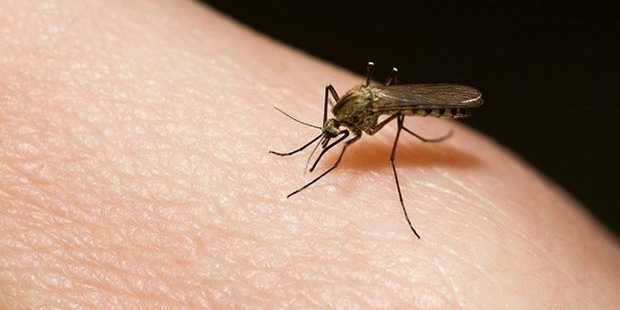Symptoms of dengue – Monsoons might have receded but has left behind the path to diseases. The unfavourable climate at the moment that includes high humidity is highly conducive to breeding of the Aedes mosquito.
Monsoons might have receded but has left behind the path to diseases.
The unfavourable climate at the moment that includes high humidity is highly conducive to breeding of the Aedes mosquito. Rising temperature, less rains (either high or low and its timing) and humidity in the country leads to this contagious disease and thus the sick count increases every moment.
While intensified rainfall favours mosquito breeding, the searing temperature along with humidity increases its survival period during the adult phase and hence the transmission capacity of each mosquito expands several times.
Even with the BMC taking ‘active steps’ to stop the spread of mosquitoes, there’s no stopping the death toll.
As per October 10, the death toll rose to 5 in the city of Mumbai and it seems there’s no stopping the calamity. But if one takes proper care and uses proper medication, dengue could be averted.
Here are some symptoms for Dengue:
Symptoms-
-Dengue fever begins with a high fever, rash, severe headache, pain behind the eyes and muscle and joint pains. The sternness of the joint pain has thus resulted to a name, “break bone fever.”
-Other forms also include nausea, vomiting, and loss of appetite as well.
-During dengue, rash usually appears for 3 to 4 days after. And when the body is suffering through illness, it can last up to 10 days. The contagious disease lasts long in older children and adults than the younger lot.
-The probable, dengue hemorrhagic fever is critical in about 5 percent of cases, mostly among children and young adults.
So if you might NOT have contradicted to dengue, well, these ‘Do’s and don’ts’ will keep you updated:
-Do not forget to keep your surroundings clean and tidy. Always clean the places which remain damp and wet especially the basin, kitchen drains etc. Such places are onset to symptoms of dengue.
-Make sure to change the water from the flower pots at least once a week. Containers that are used for storing water should be covered with a tight lid. Water in barrels, drums etc should be changed once a week.
– Water tanks and pipes should be cleaned at proper time. Objects that are prone to breeding mosquitoes like tyres, coconut shells, bottles, etc should be disposed off or smashed.
-If there are water fountains in the premises, water should be kept dry once a week. Use disinfectants at wet areas especially to avoid the breeding of mosquitoes which carry dengue.





